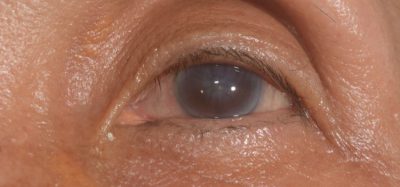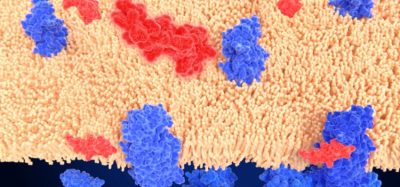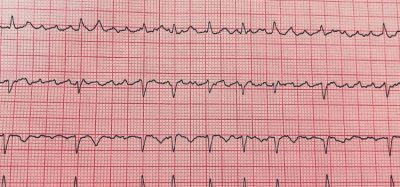Psilocybin study shows positive results in healthy volunteers
Posted: 12 December 2019 | European Pharmaceutical Review | No comments yet
In a new study, COMP360 (psilocybin) was well tolerated in healthy volunteers which support further investigation of a simultaneous 1:1 therapeutic administration design.


COMP360 (psilocybin) was well-tolerated when administered to healthy adult volunteers with support from specially trained therapists in a randomised placebo-controlled trial by King’s College London, UK. The results from the Phase I study, including data on safety and the feasibility of simultaneous 1:1 administration.
The study looked at the effects of 10mg and 25mg doses of COMPASS Pathways’ COMP360, compared with a placebo, in 89 healthy volunteers. Doses were administered simultaneously to up to six participants, who then received 1:1 psychological support from an assisting therapist throughout the session, overseen by a lead therapist and study psychiatrist.
The results of the study showed that:
- There were no serious adverse events
- The majority of adverse events seen with the 10mg and 25mg doses were of the expected psychedelic nature; the most frequent were changes in sensory perception and positive mood alteration
- COMP360 had no negative effects on cognitive and emotional functioning
- The study demonstrated the feasibility of administering COMP360 in a controlled setting to healthy participants with 1:1 therapist support, with up to six sessions running simultaneously.
“This is the largest controlled study of psilocybin to date,” said Dr James Rucker, Consultant Psychiatrist and Senior Clinical Lecturer in Psychopharmacology at King’s College London’s Institute of Psychiatry, Psychology & Neuroscience and lead investigator of the study. “The results of the study are clinically reassuring and support further development of psilocybin as a treatment for patients with mental health problems that haven’t improved with conventional therapy, such as treatment resistant depression.”
In 2018 COMPASS received US Food and Drug Administration (FDA) Breakthrough Therapy designation for its programme of psilocybin therapy in treatment-resistant depression and is currently running a Phase IIb study across Europe and North America, involving 216 patients who suffer with depression that hasn’t responded to established medications.
Related topics
Clinical Trials, Drug Development, Research & Development (R&D), Therapeutics









